A Digital Product Passport has been created with blockchain technology to preserve the violin’s unique provenance, which includes Leopold Auer and Joseph Benvenuti
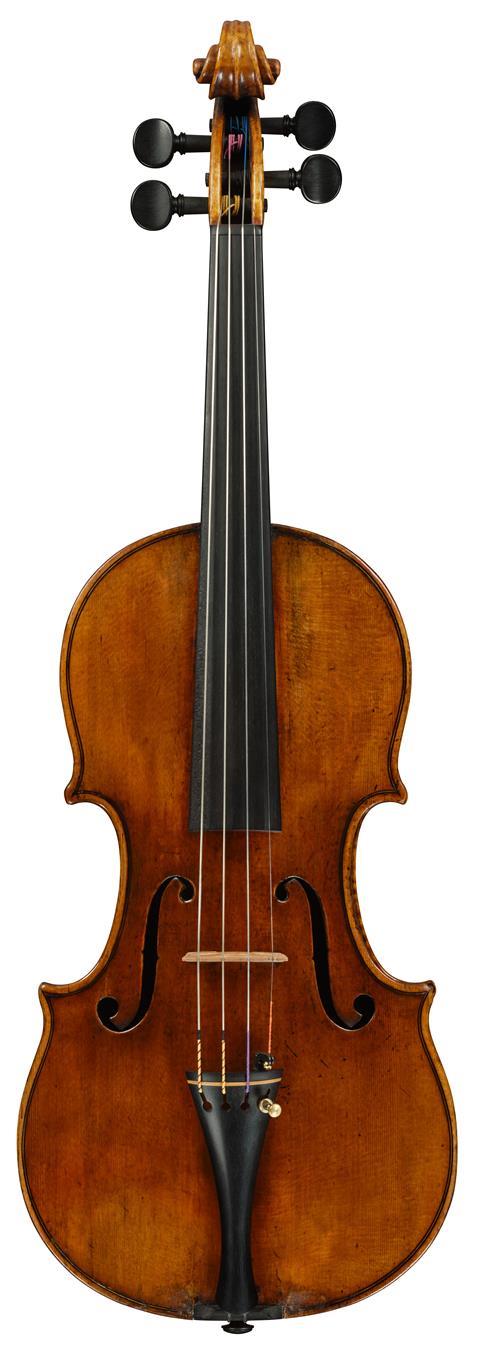
The fintech company Vountain has announced the digital tokenisation of the 1699 ’Auer, Benvenuti’ Stradivari violin. The company, which specialises in blockchain technology, created a Digital Product Passport (DPP) on behalf of a German family foundation.
Tokenisation involves creating the DPP to securely store all documents related to the instrument on a blockchain. It enables future documentation in digital form, thus preserving its unique provenance.
The ‘Auer, Benvenuti’ is the latest instrument in a trend of digitally tokenising rare and valuable Stradivaris. In July 2024, Vountain tokenised the c.1690 ‘Barjansky’ Stradivari cello. This was preceded by the tokenisation of the 1708 ‘Empress Caterina’ Stradivari violin, worth $9 million, by Galaxy Digital Holdings, and used as collateral to secure a loan.
The ‘Auer, Benvenuti’ is an example of Stradivari’s ‘Long Pattern’ phase, measuring 362mm in body length with widths of 162mm and 203mm. The back of the instrument is formed from one piece of fine quarter-cut maple with prolific flames of mostly narrow width ascending slightly from left to right. The ribs and scroll are made of similar wood to the back. The table is made from two pieces of spruce with fine grain in the centre, widening very slightly towards the edges. The varnish is of a deep orange gold colour, laid over a lighter reflective ground.
The violin is said to have been acquired by soloist and educator Leopold Auer around 1890 in St. Petersburg. Some periods of its ownership are poorly documented, such as the time immediately after the violin’s creation or during the Second World War.
The French professor and virtuoso of the both violin and piano Joseph Benvenuti owned the violin from 1950. His wife Diane Benvenuti came from the Rothschild family and dedicated herself to the arts and the promotion of young artists after marrying Joseph Benvenuti. She lent the violin to violinist and conductor Jean-Jacques Kantorow, who acquired the instrument after Diane’s death.
The violin has been with its current owner, a German family foundation, since 2014.
Dr. Joachim Brunne, chairman of the Family Foundation and CEO of Art & Strings said: ’With the Digital Product Passport and the technology of our partner Vountain, we aim to continue this legacy and bring this unique instrument into the digital future.’
Sandro Pittalis, CEO and founder of Vountain commented: ’The value of unique physical assets is partly determined by their provenance. Thanks to the Digital Product Passport we created, this provenance is documented unchangeably for the first time. At the same time, our technology is the prerequisite for professionally and efficiently managing unique physical assets.’
Read: ‘The yellow violin’: Cremona’s Museo del Violino to display Sarasate’s 1724 Stradivari
Read: Micro-CT scanning the 1727 ‘Benvenuti’ Stradivari violin
An exclusive range of instrument making posters, books, calendars and information products published by and directly for sale from The Strad.
The Strad’s exclusive instrument posters, most with actual-size photos depicting every nuance of the instrument. Our posters are used by luthiers across the world as models for their own instruments, thanks to the detailed outlines and measurements on the back.
The number one source for a range of books covering making and stringed instruments with commentaries from today’s top instrument experts.
American collector David L. Fulton amassed one of the 20th century’s finest collections of stringed instruments. This year’s calendar pays tribute to some of these priceless treasures, including Yehudi Menuhin’s celebrated ‘Lord Wilton’ Guarneri, the Carlo Bergonzi once played by Fritz Kreisler, and four instruments by Antonio Stradivari.

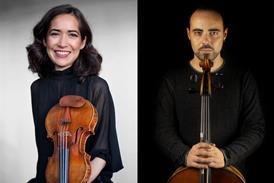
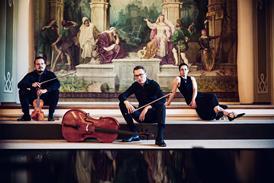
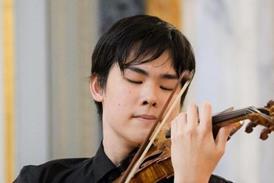
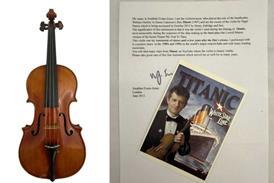

































No comments yet